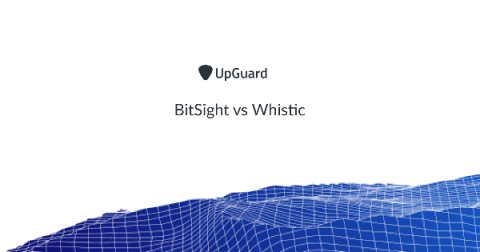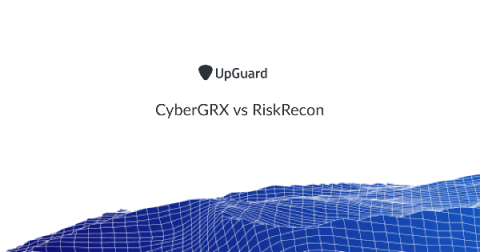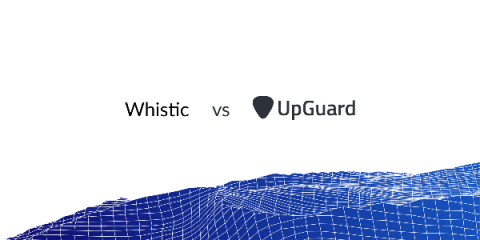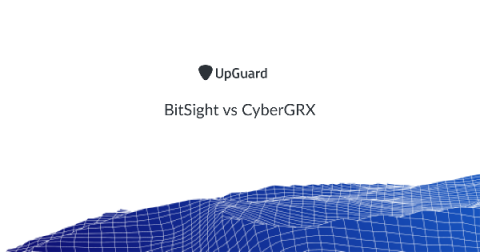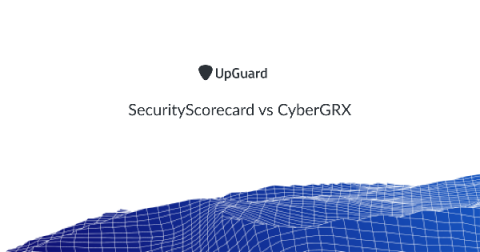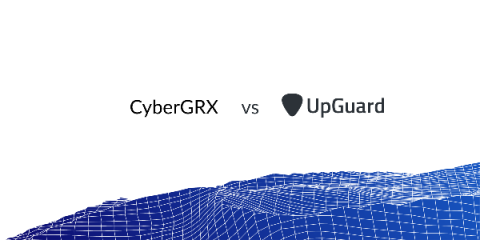BitSight vs Whistic Comparison
Outsourcing, digitization, and globalization are three of the largest trends in the last 30 years. They've brought new products and services, increased specialization, lower costs, and improved access. But they've also introduced significant cyber risk. Particularly the risk of data breaches and data leaks. For perspective, a recent study by the Ponemon Institute put the average cost of a data breach at $3.92 million. The unfortunate truth is third-parties cause a lot of data breaches.


